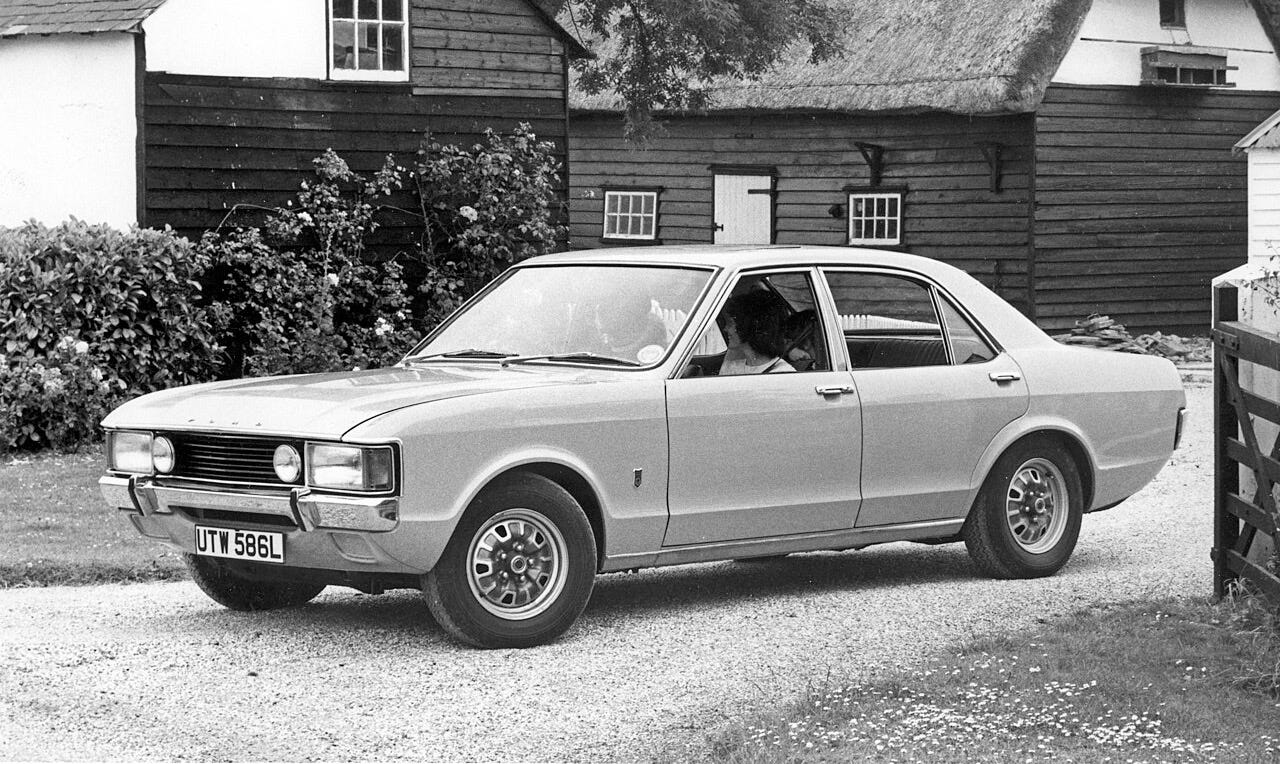That’ll be England gone
The England Philip Larkin feared versus the future I - we - inherited - story 75
Four summers ago I read a glorious if grim book about English cricket. Its title didn’t register until I stumbled across it again, this time in Simon Schama’s BBC programme The Story of Us. (Not available outside the UK) There, in a passage about Britain’s postwar transformation, came the voice of Philip Larkin, reading from his 1972 poem that gave the book its name.
It’s worth the two and a half minutes listening to Larkin read his own work, Going, Going.
So many of these lines ring true in 2025. It is tempting to go straight to the similarities, such as the environmental degradation.
Chuck filth in the sea, if you must:
The tides will be clean beyond.
Or maybe, thinking of Birmingham in April 2025,
And garbage are too thick-strewn
To be swept up now
But that is to misunderstand Philip Larkin. To miss his bigger point.
This is the lament of man with no agency, caught up in an unstoppable process. Larkin dislikes the journey and the destination. He sees a world in motion and wants no part in its direction. Larkin had hoped to die before its completion.
There would always be fields and farms,
Where the village louts could climb
Such trees as were not cut down;
Part of the problem is that the change is ‘happening so very fast’. He writes just as he realises that
Despite all the land left free
For the first time I feel somehow
That it isn’t going to last,
He suggests the process started in the city with those ‘bleak high risers’. He contemplates escaping this new world of by escaping by car. Maybe a Ford Consul like the one above, a Renault 5 or Honda Civic - all launched in the same year as the poem. I think Larkin was more likely to have a second hand car, if indeed he had a car.
Everything wants out, not just him. Businesses are encouraged by the government to
move
Your works to the unspoilt dales
(Grey area grants)!
The result will be
the whole
Boiling will be bricked in
And with that, he wails,
.. that will be England gone,
The shadows, the meadows, the lanes,
The guildhalls, the carved choirs.
There’ll be books; it will linger on
In galleries; but all that remains
For us will be concrete and tyres.
Notes and thoughts
Larkin captures beautifully what one victim felt in 1972, caught up in forces too large to resist. The world had changed and there was worse to come.
I was too young to appreciate any of this fifty years ago. I had never heard of of Larkin.
Listening to Larkin today, some parts do resonate. Not least that sense of wanting something different. The poem also reminded me history took a different turn to that expected by Larkin.
This period in the UK - the Boomer Years - would shortly come to an inglorious end. True by then there were many more roads. Some historic town centres had been destroyed. But there were ideas about alternative futures. One took hold and became the centre piece for the next era - the Thatcher Years.
Other things were bubbling under, not least the potential of active citizens and people-first planning. The Barnes Community Association was typical of a raft of civic organisations formed in the 1970s. A decade later and the run down areas of the (eastern) city would be renewed. And so it goes on. Now there’s bike lanes, parklets on main roads, school streets and farmers markets. What would Larkin make of this turn of events?
The poem made me confront my core beliefs. Larkin was lamenting something lost. A deeply conservative man, he was harking back. He was reaching for a romantic even rural view of England.
He wanted to preserve.
I want to improve.
This differences matters. Of course there are aspects of modern life I’d gladly temper. Just enough internet, anyone? And I know the loudest voices often drown out good sense.
Yet even so, I remain an optimist. Maybe it was because I was born in the Boomer Years and grew up in the Thatcher Years. I carry both a deep urge to build something better and the conviction that it’s possible
I hope that spirit comes through in this blog. Fitting, perhaps, that it took a romantic pessimist to help me see it clearly.

